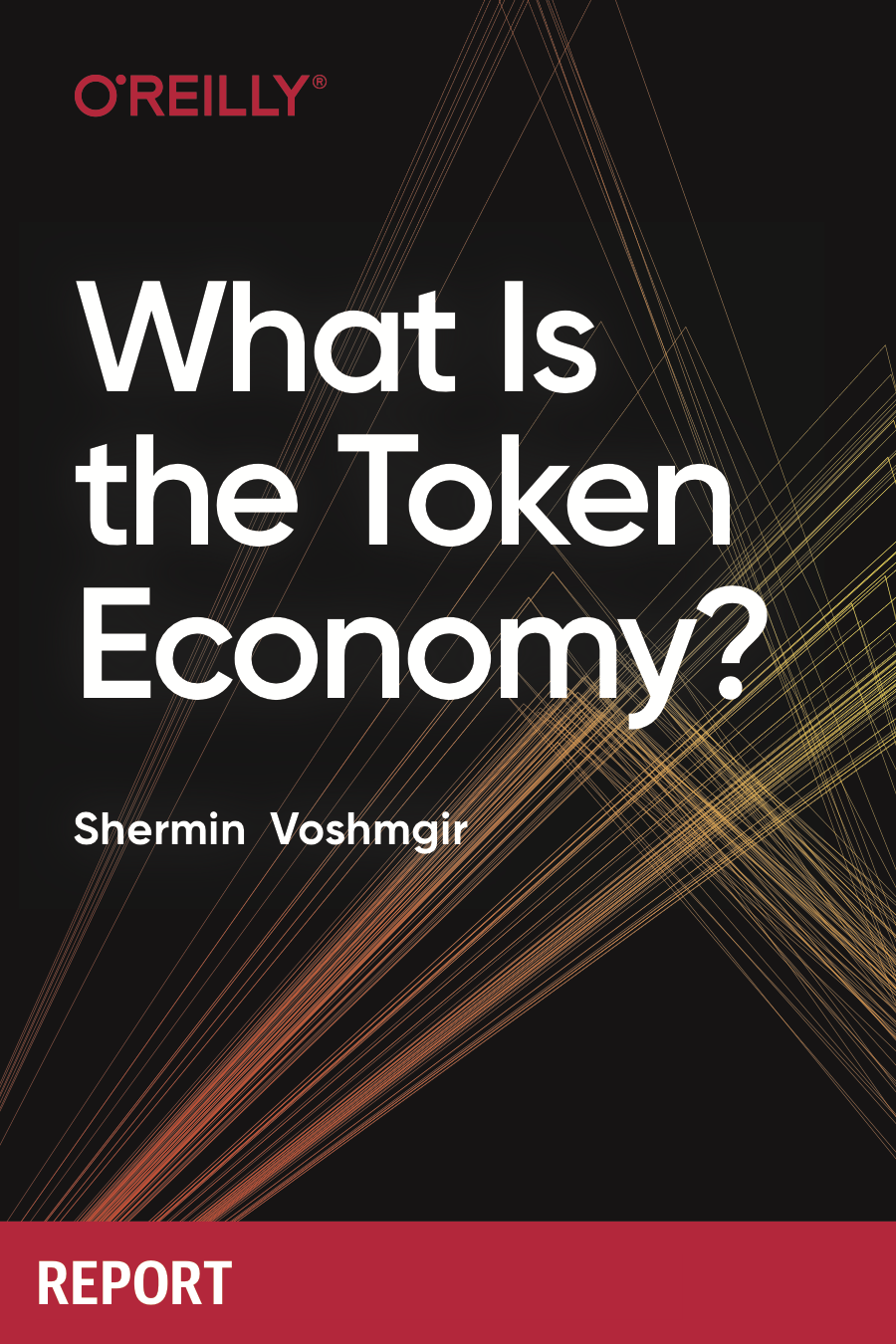

Most ebook files are in PDF format, so you can easily read them using various software such as Foxit Reader or directly on the Google Chrome browser.
Some ebook files are released by publishers in other formats such as .awz, .mobi, .epub, .fb2, etc. You may need to install specific software to read these formats on mobile/PC, such as Calibre.
Please read the tutorial at this link: https://ebookbell.com/faq
We offer FREE conversion to the popular formats you request; however, this may take some time. Therefore, right after payment, please email us, and we will try to provide the service as quickly as possible.
For some exceptional file formats or broken links (if any), please refrain from opening any disputes. Instead, email us first, and we will try to assist within a maximum of 6 hours.
EbookBell Team

4.8
24 reviewsBlockchain-based protocols like Bitcoin and Ethereum have made sending digital values in the form of tokens as cheap and easy as sending an email. But while cryptographic tokens (sometimes called "cryptocurrencies") may be as important to the next-generation internet as the World Wide Web was to Web 1.0, people aren’t yet sure how to best design tokens or even what to do with them.
In this report, Shermin Voshmgir, director of the Research Institute for Crypto Economics at the Vienna University of Economics, walks you through the different types of tokens, along with their properties and both operational and conceptual use cases. You’ll get a concise overview of the current state of tokenization in our economy and explore the potential effects and dynamics of a future "token economy."
You’ll learn
What a token is
A framework for determining the properties of a token
Common use cases for different token types
The relationship between tokens and money (including the functions of money that most current tokens don’t fulfill)
Where the token economy is headed